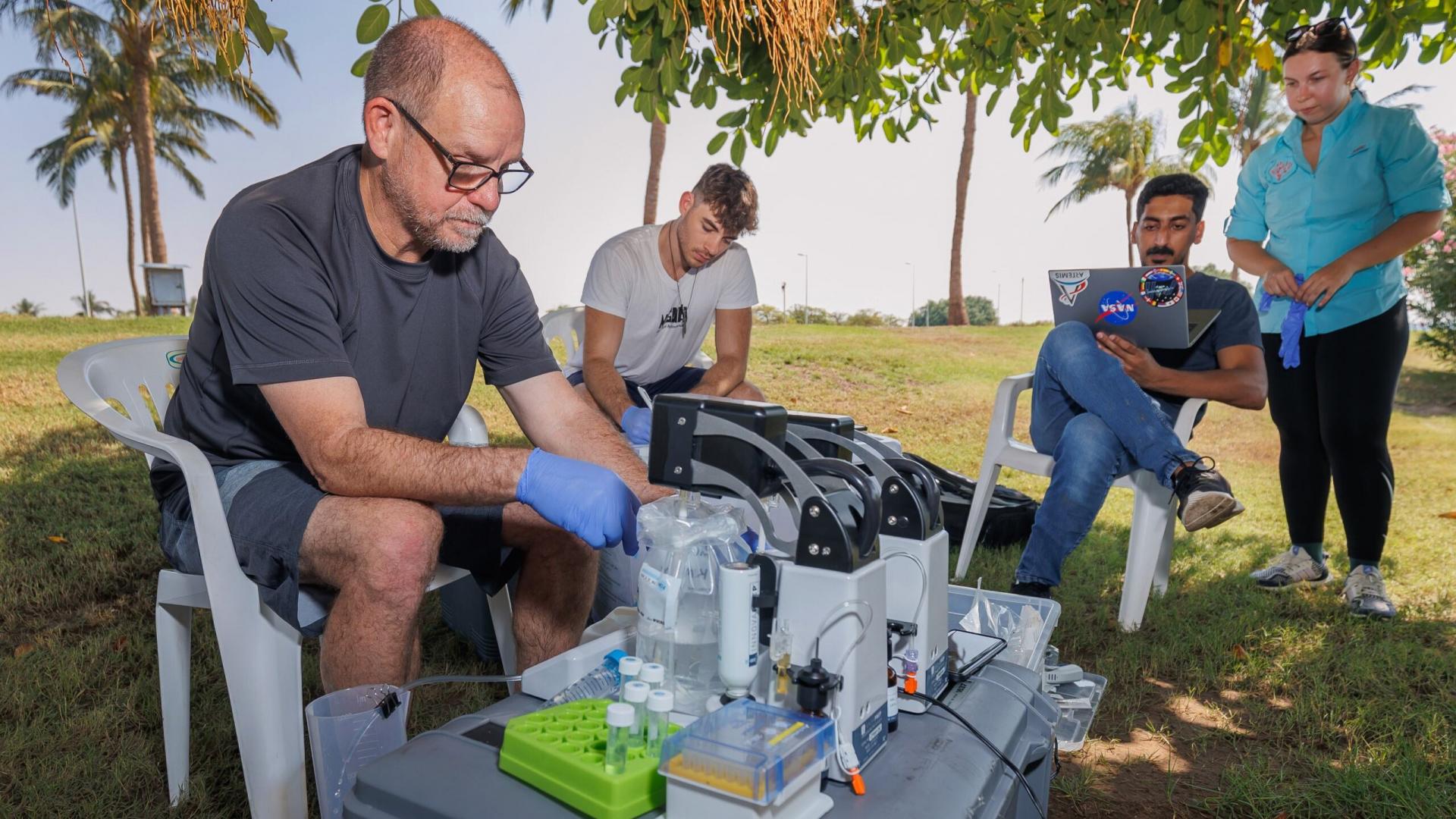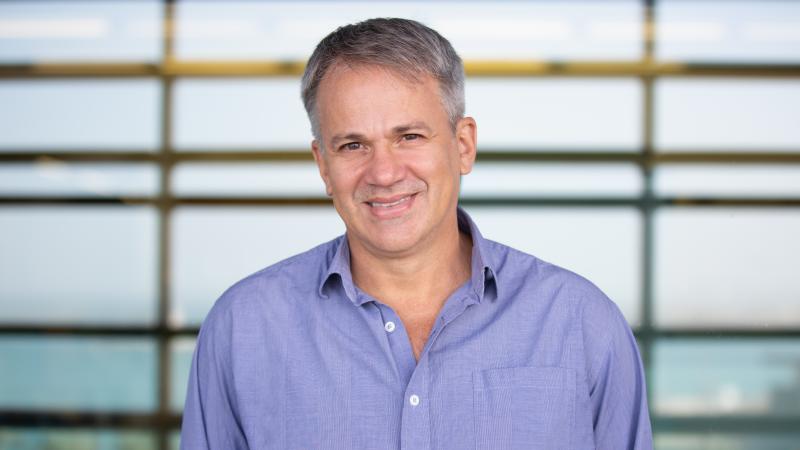Source: KAUST News
An international research team led by KAUST scientists has deployed DNA technology used on the International Space Station (ISS) in the harsh climate of Saudi Arabia for the first time. The effort aims to test the feasibility of analyzing DNA samples from extreme environments on-site. Initial results indicate new and invaluable information gained from this approach will benefit coral reef and mangrove preservation and restoration efforts in the Kingdom.
The survival of coral reefs and mangroves heavily depends on symbiosis with microbes. Therefore, understanding the microbiome is considered a critical component of any effort to protect these species from climate change. Unlike other habitats in which corals and mangroves grow, the Red Sea has no inflow rivers, leaving it hotter and more saline. These distinct characteristics of the Saudi Red Sea coast suggest corals and mangroves in Saudi Arabia have a higher tolerance for extreme environments, making the region an ideal experimental site to predict how corals and mangroves in other regions will adapt to rising temperatures. However, in standard sampling protocols, the DNA is taken to a laboratory for analysis. During that transportation time, some of the DNA will deteriorate, leaving an incomplete impression of the microbiome.
The new technology, which comes from a collaboration with NASA's Jet Propulsion Laboratory through KAUST Professor Alexandre Rosado, diminishes this concern for DNA deterioration. The portable technology enables the extraction, concentration, and sequencing of the samples all at the sampling site.
As a case study, Rosado and his colleagues collected samples from mangrove forests and the KAUST Coral Probiotics Village. Preliminary results, Rosado says, indicate the microbiome is far more diverse and complex than earlier studies have found.
"We are recovering way more microbes, hidden microbes that do not survive the transit [back to the laboratory]. The experiments suggest time is precious," he said.
The same technology has been deployed in the ISS to study how microbes mutate in anti-gravity, high-UV environments to predict how the gut microbiome and other physiological aspects of the human body will change with space flight. Similarly, changes in the microbiome on Earth due to climate change are expected to be revealed.

